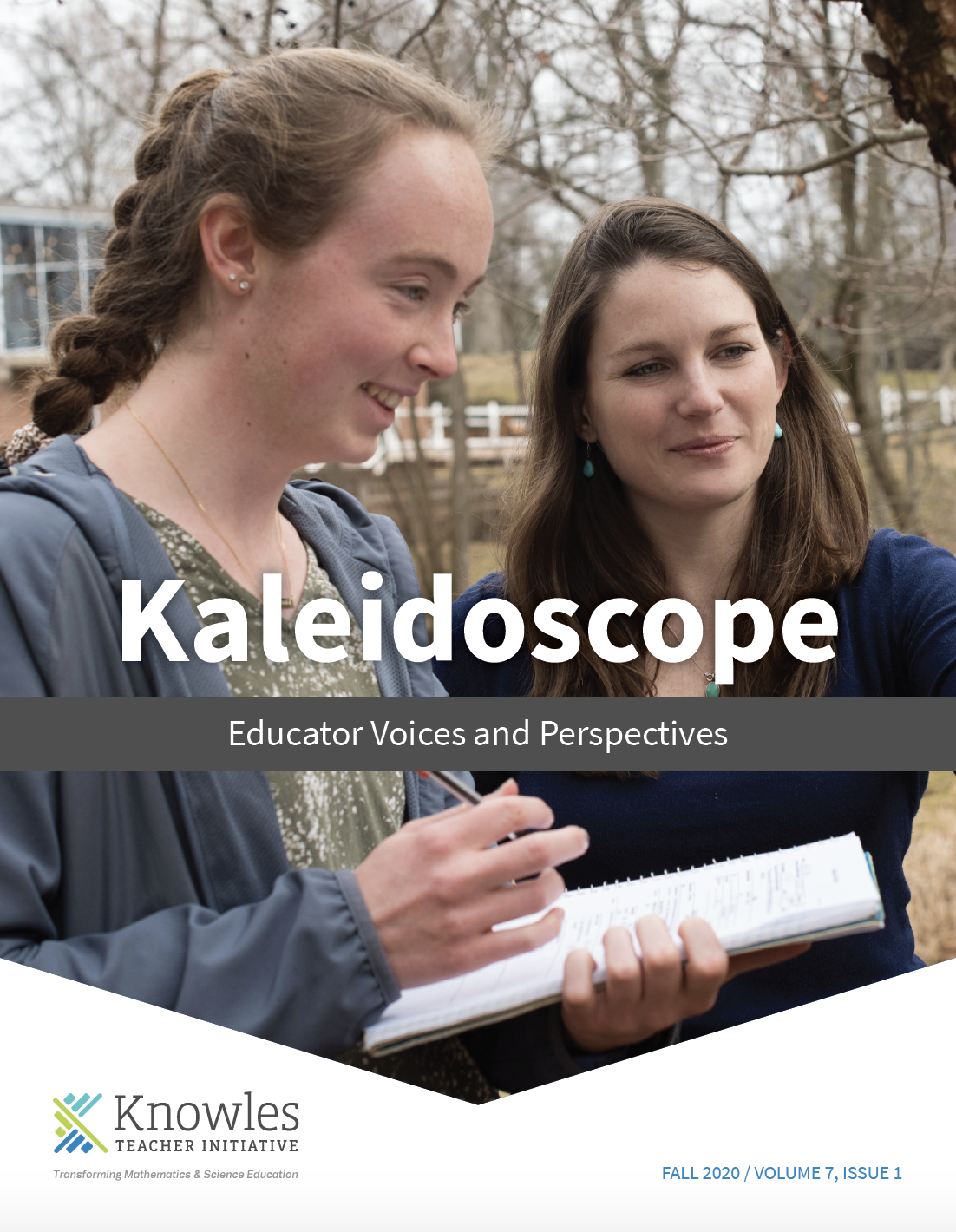Community Membership
Tap into a lifelong national network of 600+ Knowels Fellows. From in-person meetings to virtual connections; support is always available.
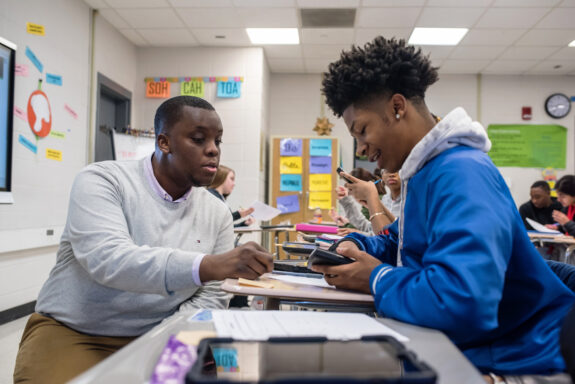
Tap into a lifelong national network of 600+ Knowels Fellows. From in-person meetings to virtual connections; support is always available.
Grants and stipends are available to cover expenses, reduce debt, and amplify impact beyond your classroom.
Learning opportunities and resources supports you in deepening your expertise in math and science subjects.
Gain insights from experienced veteran teachers who bring decades of collective professional and personal teaching insights.
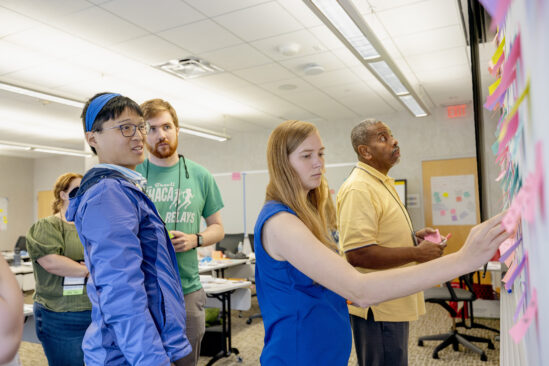
The Knowles Academy offers state-of-the-art professional development experiences for teachers. All Academy courses are designed and facilitated by experienced teachers who understand the complexities of teaching in today’s world. We offer both in-person and online courses and 90-minute online workshops for all teachers.
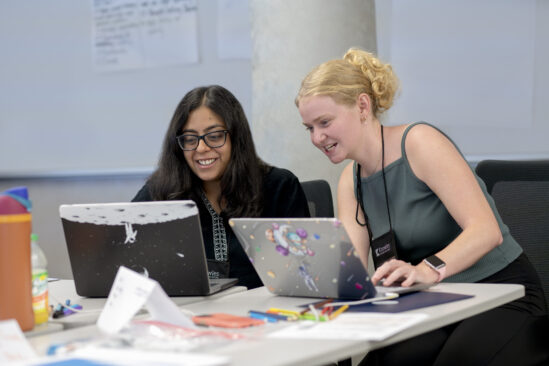
We understand the ever-evolving landscape of education. Our professional learning services are designed to be flexible and responsive, ensuring they can be tailed to meet the needs of schools and districts. Our services engage participants and serve as a model for best teaching practices.
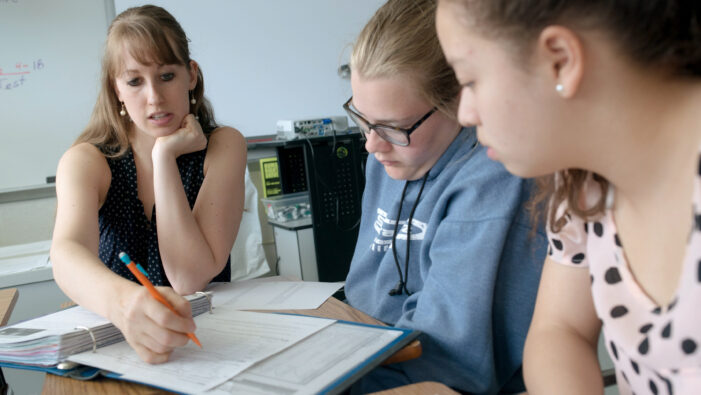
Moving students beyond rote memorization and fostering genuine inquiry and sense-making can be challenging. Our course supports educators in this journey, guiding them to become facilitators of student-driven exploration. Throughout the course, participants engage in hands-on explorations of phenomena, learning how to guide students in constructing, evaluating, and refining ideas. Participants learn to critically assess and redesign curricular materials to maximize student proficiency in science and math practices. Participants emerge with a newfound perspective on science and math education, equipped with tools and strategies to redefine their classrooms as vibrant hubs of exploration. They leave with a deepened appreciation for the transformative power of student-led inquiry and a renewed commitment to cultivating critical thinkers and lifelong learners. REGISTRATION CLOSED – COURSE IS FULL
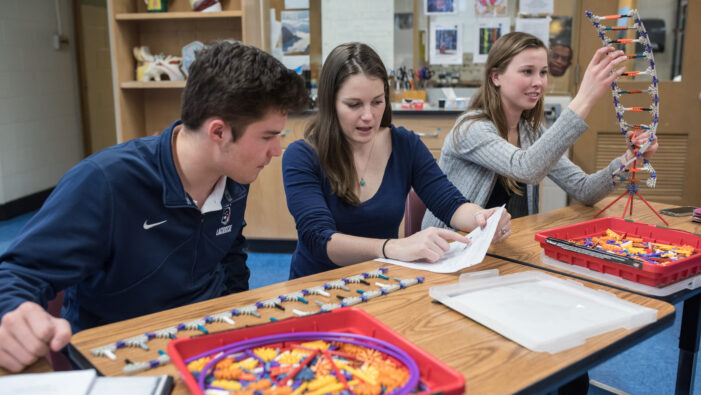
In this workshop, teachers will learn how high cognitive demand tasks increase opportunities for students to access learning. Teachers will explore ways of modifying tasks to increase students’ abilities to engage in sensemaking. This workshop will assist teachers in gaining the knowledge and confidence needed to design and modify tasks for their math classrooms to engage more learners.
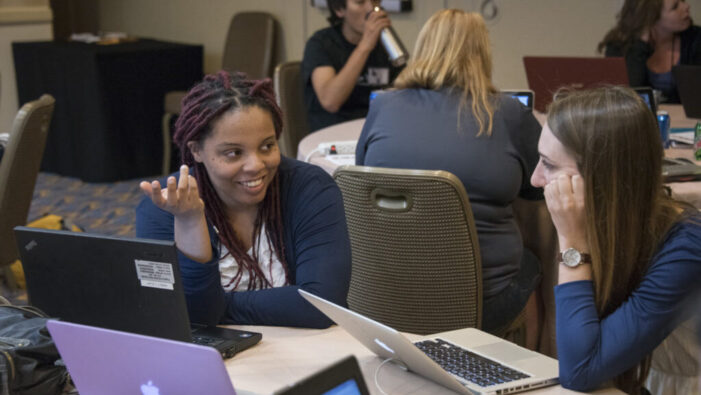
Are you ready to transform your skills and knowledge in instructional coaching? Discover how our dynamic course can help you build a strong foundation in coaching techniques, empowering you to support teachers’ professional growth and elevate their teaching practices. Our course supports administrators and teacher leaders in developing their instructional coaching skills through problem-solving, self-reflection, and meaning-making. Participants will learn about three coaching stances: Cognitive, Collaborative, and Consulting, which will serve as a framework for participants to develop specific coaching plans tailored to teachers at various experience levels and contexts. Participants will leave ready to implement specific coaching plans that cater to the diverse needs of teachers at all experience levels and contexts, ultimately fostering a culture of continuous professional growth within their schools. Whether you have plans to be a coach, or already a coach, join us and become a catalyst for positive change in education! To secure your spot in the course a $25 registration fee is required. As a token of our appreciation for your dedication as a teacher, and to thank you for investing your time with us, all participants who attend a minimum of 5 out of the 6 sessions will receive a $50 Amazon gift card. We hope this small gesture not only shows our gratitude but also inspires you with new ideas to bring back to your classroom. REGISTRATION CLOSED – COURSE IS FULL
Status imbalances in student groups can affect participation and learning, with higher-status students often dominating discussions. By recognizing and addressing these imbalances, teachers can create a more inclusive classroom, encouraging all students to engage, share their reasoning, and take academic risks.
In the third and fourth years of the Knowles Fellowship, teachers focus on understanding and improving learning opportunities by recognizing and addressing societal impacts on education. Through sharing personal stories and fostering inclusivity, they enhance student engagement and create equitable classrooms.
Knowles Staff, Joyce Lin and Ayanna Perry, share their experiences in co-creating norms can be challenging and problematic because it typically generates norms consistent with dominant perspectives and cultures. They advocate that norms should be given to (rather than created by) a newly formed community to elevate the different needs, goals, and perspectives of all team members.

